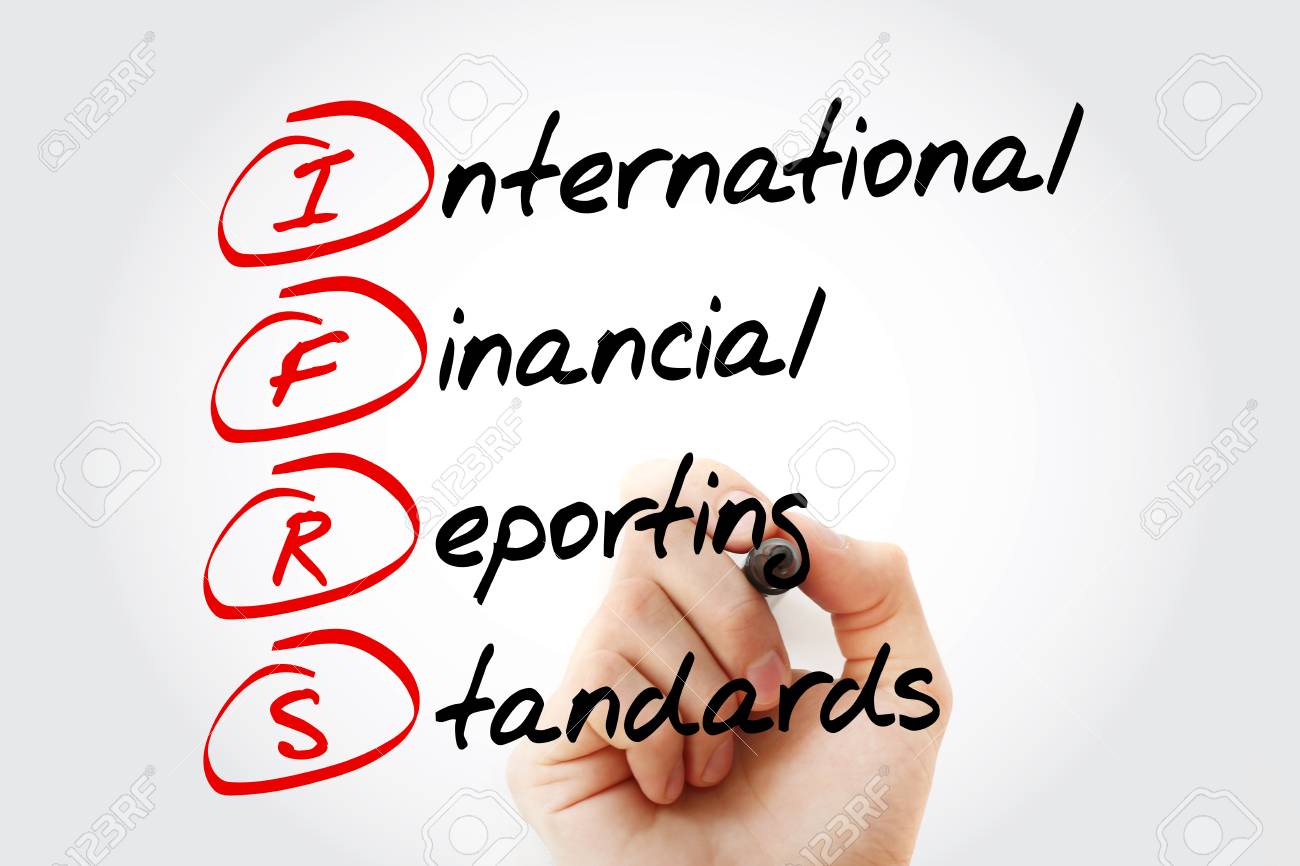

Course highlights are:
Conventional accounting valuations
By the end of this course, delegates will be able to:
Finance Professionals, Finance Managers, Chief Accountants, Senior Accountants, Accountants, Corporate Accountants, Accounting & Budgeting Personnel, Corporate Controllers, Financial Controllers, Financial Analysts, Treasury Professionals, Accounting Managers, Accounting Professionals, Budgeting Personnel, Financial Executives, Financial Managers, Financial Controllers, Treasury Officers, Auditors, Joint Venture Accountants, Bankers, Investment Bankers, Banking Professionals, Corporate Business Professionals, Professionals in the field of finance and accounting, managers, supervisors, and finance professionals who desire to understand, apply and implement practical tools to enable them to run the finance and accounting departments more efficiently, Financial Planners and Cost Analysts, External, Financial and Internal Auditors, Government Regulators and Auditors, Financial and Investment Analysts, Finance Professionals responsible for financial accounting, treasury, budget preparation and management reporting, Process and Non-technical Professionals who require a more in-depth understanding of financial accounting reporting, project management and forecasting techniques, Finance Staff in General Accounting, Payables, Receivables, Inventory, Fixed Assets, etc., Line/Unit Heads with direct planning and budgeting responsibility, Key Personnel in the oil and gas industry, Managers involved in making CAPEX decisions, Bankers and Professionals who work in Energy Lending
CDGA attendance certificate will be issued to all attendees completing minimum of 75% of the total course duration.
| Code | Date | Venue | Fees | Register |
|---|---|---|---|---|
| ACC160-02 | 11-05-2026 | Cape Town | USD 6950 | |
| ACC160-03 | 09-08-2026 | Amman | USD 5450 | |
| ACC160-04 | 06-12-2026 | Cairo | USD 5450 |

There are currently over 165 countries that require or permit the use of IFRS for listed companies. The correct adoption of IFRS promises organisations in all the sectors many benefits including great ...
International Financial Reporting Standards (IFRS) provide the basis for financial reporting to the capital markets in over 165 countries.The oil and gas industry has specific accounting and disclosur ...

This course is designed to help users to analyze and report their finances by discussing many topics. Basic concepts of financial planning, goal setting, and maximizing assets as well as the types of ...

This programme provides the skills to build world class standards into your planning, budgeting, performance measurement and reporting system and will discuss new techniques, explain how they compleme ...
Providing services with a high quality that are satisfying the requirements
Appling the specifications and legalizations to ensure the quality of service.
Best utilization of resources for continually improving the business activities.
CDGA keen to selects highly technical instructors based on professional field experience
Since CDGA was established, it considered a training partner for world class oil & gas institution
3012, Block 3, 30 Euro Business Park, Little Island, Co. Cork, T45 V220, Ireland
Mon to Fri 09:00 AM to 06:00 PM
Contact Us anytime!
Request Info